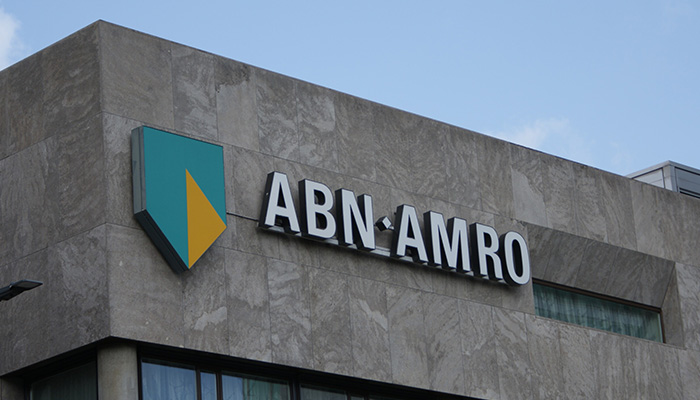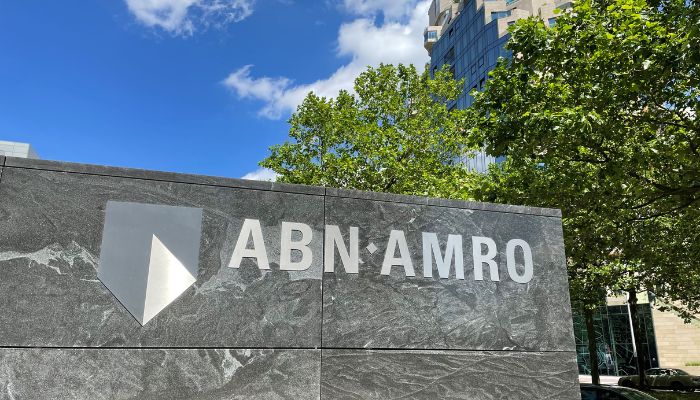
The third day of negotiations started on March 25, 2024, with a substantive response from the bank to the proposals regarding continued payment of wages in the event of illness and the 80/90/100 scheme. The day started with a complete rejection of both proposals. This was substantiated with a list of the arrangements that have already been included in the collective labor agreement, in combination with an explanation of how extensive the pension already is. That set the tone for a difficult first day, because we could have already received that feedback during the previous meeting. Fortunately, small steps were taken on day two, you can read more about that below.
Join for free!
The start of negotiations
The bank started the two-day negotiations by explaining where their focus is for this collective labor agreement. According to them, the focus is on: Appreciation, perspective and maintaining development and employability conditions. They have made their proposals in the light of these three topics. On day one, they took us through in detail the current arrangements that already exist in the collective labor agreement. They indicate that there is currently a total package of very nice employment conditions. We see that too, but we have made well-considered proposals based on the needs of the members to adjust the interpretation of these employment conditions.
The new wage offer
The wage offer came last on the table, but we are starting with this because the members have indicated that this is the most important. The bank has once again explained that the structure of the wage increase, or the combination of collective, fixed increment and the appreciation premium, is inextricably linked to the amount of the proposal. They indicate that this structure is what the employees need. They deduced this from a survey completed by a large number of colleagues. By the end of day two, the following wage offer was put on the table:
- A collective wage increase of 4,5% (this was 3,5%).
- A fixed period of 2% (remained the same as the previous proposal).
The proposal is that this increase will replace the current system of assessment and reward with a range between 0% and 7%. Anyone who still has room to grow receives this 2% annually. Regardless of your performance. - A valuation premium (remained the same in height as the previous proposal).
The proposal is to pay out a percentage of your salary, excluding benefit budget, at the end of the year. This is a one-off payment that does not count towards your pension. You can earn this appreciation premium every year. This appreciation premium is also possible to receive when you are at the end of your scale. - 0% in case of underperformance.
- 2,5% when performing well.
- 5% with above-average performance.
We have of course asked our members for their opinion on the valuation premium. You can read more about this below.
What finds De Unie
We have repeatedly indicated that a collective structural wage increase really needs to increase. We also think the progression through the scale is too low. The bank indicates that agreeing on other proposals will be at the expense of wages. The bank believes that we must first take proposals off the table before we can continue with the negotiations.
We have clearly indicated that a better structural wage offer must be put on the table, because this is the most important thing for our members. Then we can discuss the other proposals further. Unfortunately, the atmosphere did not improve at the end of the second day. But the members have been clear: the current wage offer is too low.
The reactions to the proposed valuation premium
We received more than 500 responses to the survey we conducted, thank you very much for this! This gives us a clear picture of what is important among employees.
- 92% believe that the size and form of the appreciation premium are not sufficient to reward above-average performance.
- 82% do not think the size and form of the appreciation premium is sufficient to give people some form of reward at the end of their scale.
The option to enter comments was used extensively. We list frequently made comments below in order of the extent to which they were mentioned:
- An appreciation premium should not come at the expense of a good collective wage increase.
It is often said that it should be separate from the collective and that collective and structural is more important. Pension-bearing, growing in scale. And in the comments we also read that you pay more tax on a premium than on fixed salary components, so if it is at the expense of fixed wages it is unfavorable. - The system is not objective.
You are dependent on the bond with your manager. I have no influence on possible objectives. What if something changes in the team or within the bank? - The budget problem returns here
The 'budget problem' will also be an issue here. If you perform above average, another colleague must perform poorly. There is talk about normal distribution and the problem of having to ask for a budget from a higher manager or from other teams. - The system is not transparent.
How you are assessed. How do you determine what is above average? This is not possible in every position or in every role. How do you make this measurable? You are dependent on your manager or the person above how this is interpreted. - The percentages are too low.
- It looks like the old performance bonus and there are concerns that those problems will return.
- It is a decline for people who can still grow in scale.
- It's positive for people at the end of their scale.
- How will you apply this in self-managing teams?
If we had to summarize it globally, most people seem to consider a valuation premium in the form of a one-off payment to be a positive solution for end-of-scalers. However, the above objections also apply here about, among other things, not being at the expense of collective wage increases, objectivity, transparency, budget and level. The reactions to rewarding employees who perform above average with room in the scale are significantly less positive. The same objections to the system exist, but also the objections that it should not replace structural growth. The duration for reaching the end of the scale is stated, the level of tax and the decline compared to the current system. Some comments also state that there are already options outside the collective labor agreement to reward above-average performance. We will ask in-depth questions about this in the coming week to properly map out what members find important.
Join for free!
ABN AMRO's response to our other proposals at a glance

The bank's additional proposals at a glance

What now?
The next negotiation day is scheduled for Wednesday, April 3. In the meantime, keep an eye on our communications. We will again ask some questions to gauge an opinion. We will of course include the results in the negotiations. The more people respond, the stronger our story! In the meantime, would you like to share something with us about the current state of the negotiations? Then click here.
Influence
Also point out this message to your colleague. We believe it is important that as many ABN AMRO employees as possible are aware of the collective labor agreement negotiations. That is also in your interest. Together with all colleagues, we must inspire the bank to appreciate all the efforts. Are you not yet a member? De Unie or are you a Light member? Then you may be eligible for a free year of Complee membership De Unie to become. Do that quickly via this link, then you will also vote along!
Join for free!
Always be the first to know! Register immediately for our WhatsApp channel “De Unie for ABN AMRO”, we will also keep you directly informed of the latest news in this way. Registering is very easy.
Contact
If you have any questions regarding this message, please contact one of our advocates at Harma.pethke@unie.nl of Mandy.raaijmakers@unie.nl.


